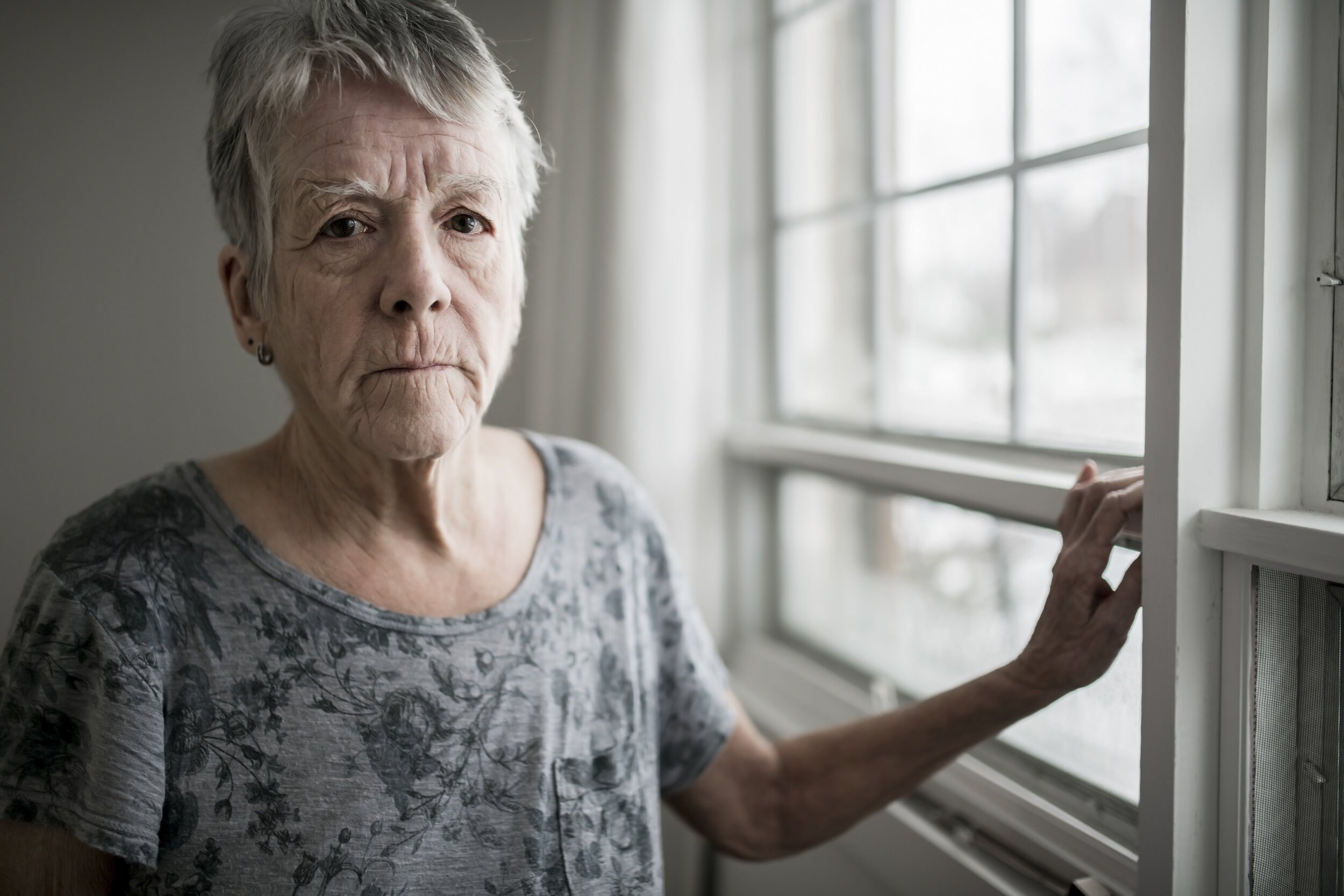October 8 is National Depression Screening Day
According to a Mental Health America survey, 58% of people over age 65 think that depression is a normal part of aging. But here’s what the National Institute on Aging has to say about depression: “Depression is a common problem among older adults, but it is NOT a normal part of aging.” And here’s what the CDC has to say: “[Depression] is a true medical condition that is treatable, like diabetes or hypertension.”
Older adults may have an increased risk for developing depression, but that’s largely because they have an increased risk for the underlying causes. Serious, long-term depression can be triggered by chronic health conditions, by mobility issues and by loneliness — a real problem during our ongoing COVID-19 pandemic response. Depression can also be the result of prescription drug side effects, or of restricted blood flow to the brain as part of a condition called vascular depression.
Whatever the cause, it is important to remember that depression is a disease and not a character flaw or something a person can "get over" if only they tried harder. But that’s actually good news: as a disease, depression can be treated. It can even be cured.
Depression Warning Signs
So on this National Depression Screening Day, let’s take a clear-eyed, non-judgmental look at the warning signs of depression:
Persistent sad, anxious, guilt-ridden or hopeless mood;
Restless agitation or irritability;
Loss of interest in socialization or hobbies;
Chronic fatigue;
Difficulty concentrating or making basic decisions;
Unexplained aches or pains, headaches, cramps or digestive issues that don't respond to treatment;
Changes in appetite and unusual weight loss or gain; and
Changes in sleeping habits or insomnia.
These last few months have been trying times, and many of us have experienced moments of sadness. But if your older loved ones seem to be struggling to regain emotional balance and are experiencing any of these symptoms, please contact a doctor to request a screening for depression.
If your older loved ones resist or seem ashamed, let them know that with treatment, people really can feel better. There is nothing inevitable about depression and age. There may be causal links between the two, but with professional screening and assistance, those links can be broken.
Check out the links below for helpful articles with more information on depression and aging. And please remember that the compassionate caregivers at Overture are always available to help with in-home visits and scheduling or travel to medical appointments. Contact us 24/7 for a free home care consultation at (817) 887-9401.
And finally, if you or someone you know experiences thoughts of suicide, do not hesitate. Call 911 or the 24-hour National Suicide Prevention hotline at 1-800-273-TALK (8255) immediately.
For local assistance and support, contact: UNTHSC Center for Geriatrics 855 Montgomery St. UNTHSC Health Pavilion 4th Floor Fort Worth, TX 76107
Education & Training: Geriatric Primary Care 817-735-2200 | Geriatric Psychiatry & Neuropsychology 817-735-2400
Links:
National Institute on Aging (NIH) — Depression and Older Adults https://www.nia.nih.gov/health/depression-and-older-adults
Centers for Disease Control and Prevention (CDC) — Depression is Not a Normal Part of Growing Older https://www.cdc.gov/aging/mentalhealth/depression.htm

